Introduction to Phototherapy for Eczema Treatment
If you're suffering from eczema, you're not alone. Millions of people around the world experience this skin condition, characterized by inflammation, itching, and redness. Finding an effective treatment can be challenging, but one option to consider is phototherapy. In this article, we will explore the benefits of phototherapy for eczema treatment, and how it can significantly improve the quality of life for those who suffer from this condition. So, let's dive into the world of phototherapy and learn how it can help you manage your eczema symptoms.
Understanding the Science Behind Phototherapy
Phototherapy, also known as light therapy, involves exposing the skin to specific wavelengths of ultraviolet (UV) light. The UV light has been proven to have numerous therapeutic effects on the skin, including reducing inflammation and itchiness, which are common symptoms of eczema. The two primary types of UV light used in phototherapy are ultraviolet A (UVA) and ultraviolet B (UVB). Both types can be effective in treating eczema, but the choice of which to use depends on the severity of your condition and your individual needs.
Reducing Inflammation and Itching
One of the main benefits of phototherapy for eczema treatment is its ability to reduce inflammation and itching. When the skin is exposed to UV light, it triggers a series of biochemical reactions within the skin cells. These reactions help to suppress the immune response, which in turn reduces inflammation and itching. By calming the immune system and reducing inflammation, phototherapy can significantly alleviate the discomfort associated with eczema and promote the healing process.
Improving Skin Barrier Function
Eczema is often caused by a compromised skin barrier, which allows irritants and allergens to penetrate the skin more easily. This can lead to inflammation and itching. Phototherapy has been shown to improve the skin's barrier function by increasing the production of certain proteins and lipids that help to strengthen the skin's defense against external irritants. By improving the skin's natural barrier, phototherapy can help to prevent eczema flare-ups and promote healthier skin overall.
Minimizing the Need for Topical Steroids
Many eczema sufferers rely on topical steroids to manage their symptoms, but these medications can have undesirable side effects, such as skin thinning and increased susceptibility to infections. One of the benefits of phototherapy for eczema treatment is that it can help to minimize the need for topical steroids. As phototherapy effectively reduces inflammation and itching, it can often be used as a steroid-sparing treatment, allowing patients to reduce their reliance on these potent medications and avoid potential side effects.
Boosting Self-Esteem and Confidence
Eczema can take an emotional toll on sufferers, as it can cause embarrassment and self-consciousness about one's appearance. By effectively managing eczema symptoms and improving the overall appearance of the skin, phototherapy can help to boost self-esteem and confidence. Feeling more comfortable and confident in your own skin can have a positive impact on your overall quality of life and well-being.
Customized Treatment Plans
One of the advantages of phototherapy for eczema treatment is that it can be customized to meet the specific needs of each individual patient. Treatment plans can be tailored to suit the severity of your condition, your skin type, and your lifestyle. This personalized approach ensures that you receive the most effective and appropriate treatment for your unique situation, leading to better outcomes and improved skin health.
Phototherapy Safety and Precautions
While phototherapy is generally considered safe for the treatment of eczema, it's important to be aware of potential risks and precautions. Prolonged exposure to UV light can increase the risk of skin cancer, so it's essential to work closely with your healthcare provider to ensure that you receive the appropriate dosage of light for your condition. Additionally, phototherapy may not be suitable for everyone, such as those with a history of skin cancer, lupus, or photosensitivity. Always consult with a healthcare professional before starting any new treatment, including phototherapy.
Conclusion
Phototherapy offers numerous benefits for those suffering from eczema, including reduced inflammation and itching, improved skin barrier function, and a potential reduction in the need for topical steroids. If you're struggling to manage your eczema symptoms, consider talking to your healthcare provider about whether phototherapy may be a suitable treatment option for you. With the right treatment plan in place, you can achieve healthier, more comfortable skin and enjoy an improved quality of life.

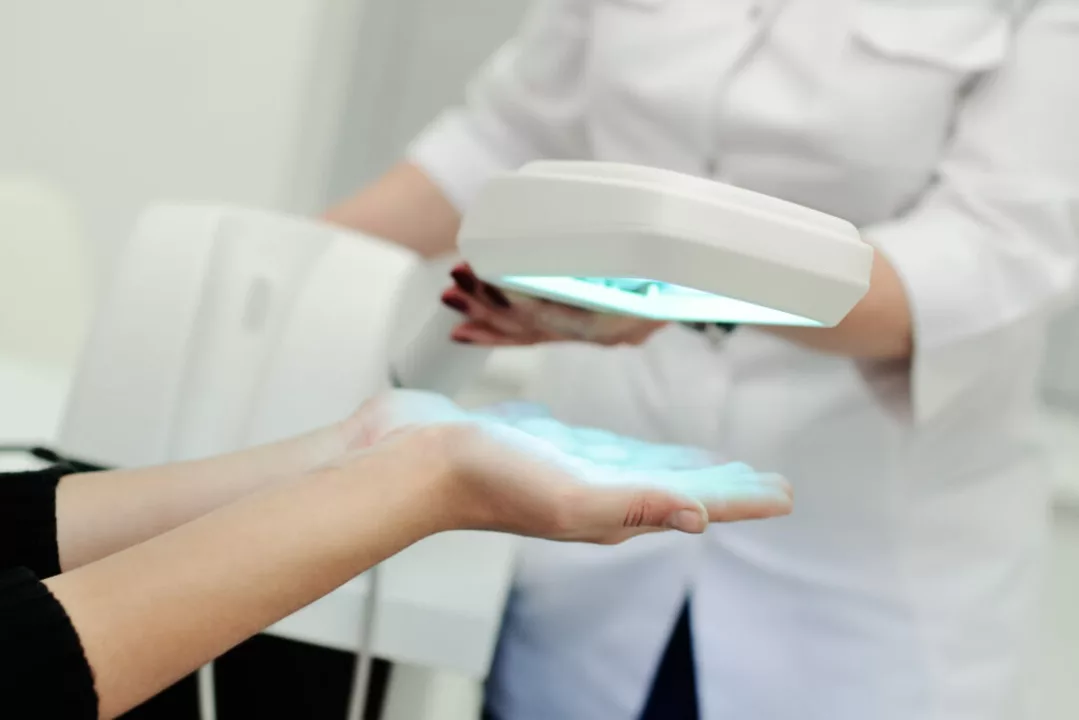
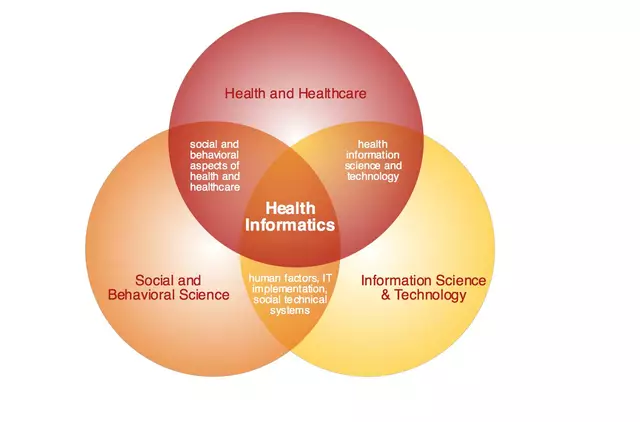
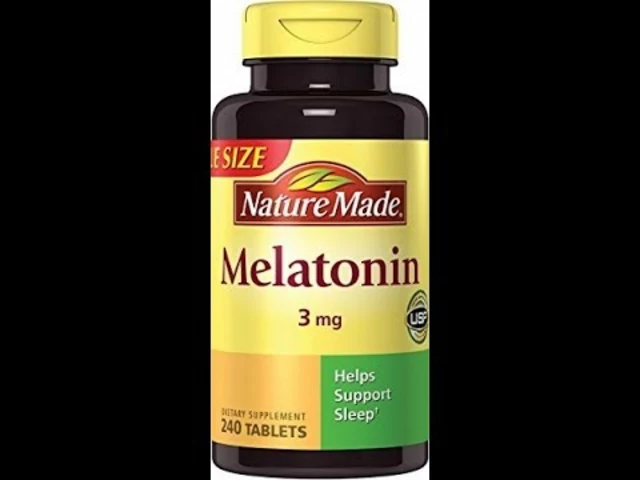
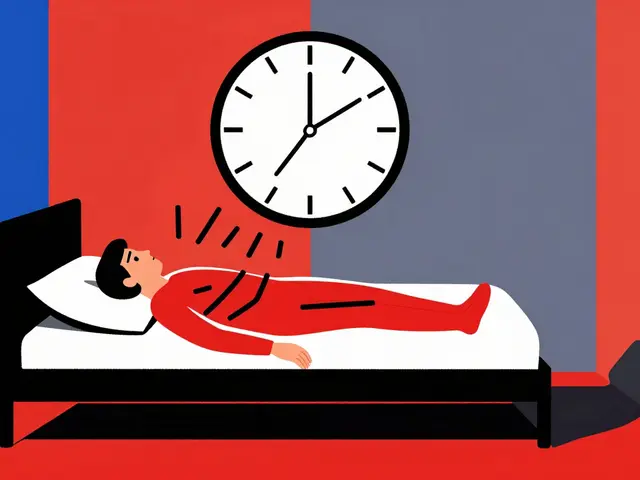
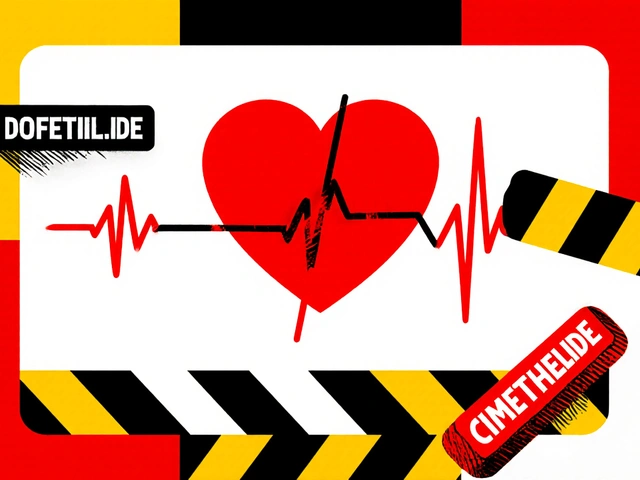
Jacqueline D Greenberg
April 29, 2023 AT 04:20Hey there, I totally get how frustrating eczema can be. Phototherapy sounds like a solid option if you’ve hit a wall with creams. It’s great that it can cut down on the itch without piling on steroids. Plus, the boost in confidence you’ll feel when the flare‑ups calm down is priceless. Just remember to talk it over with a dermatologist to tailor the plan to your skin type. Hang in there, you’ve got this!
Jim MacMillan
May 6, 2023 AT 14:13Honestly, the mainstream hype around phototherapy is overblown 🤔. Only true dermatology connoisseurs understand the nuanced photobiology behind UVA vs. UVB. If you’re not under a specialist’s microscope, you’re just dabbling in light‑show gimmicks. That said, the reduction in systemic steroids is a noteworthy metric 📈. Just make sure you’re not walking into a UV‑induced carcinogenic trap.
Dorothy Anne
May 14, 2023 AT 00:06Yo! If you’re hunting for something that actually chills the itch, phototherapy can be a game‑changer. Think of it as a power‑up for your skin’s defense system. You’ll see less red and fewer flare‑ups, which means more time doing the things you love. And remember, consistency is key – stick to the schedule your doc sets. You’ll be feeling way more comfortable in your own skin before you know it!
Sharon Bruce
May 21, 2023 AT 09:59Light therapy works, trust me 👍
True Bryant
May 28, 2023 AT 19:52When evaluating phototherapy within the therapeutic armamentarium for atopic dermatitis, one must first interrogate the photobiological mechanisms underpinning UVA and UVB wavelengths. UVB photons preferentially induce pyrimidine dimer formation, catalyzing apoptosis of hyperproliferative keratinocytes, thereby attenuating the epidermal hyperplasia characteristic of chronic eczematous lesions. Concurrently, UVA penetrates deeper dermal strata, modulating Langerhans cell antigen presentation and dampening Th1‑mediated inflammatory cascades. The resultant immunomodulation translates clinically into measurable reductions in transepidermal water loss and cytokine profiles, specifically IL‑4 and IL‑13. Empirical trials have demonstrated statistically significant declines in SCORAD indices after a regimen of thrice‑weekly exposures over a 12‑week period. Moreover, the steroid‑sparing effect cannot be overstated; patients report a 30‑40% decrement in topical corticosteroid usage, mitigating iatrogenic skin atrophy. Long‑term safety data, while still accruing, suggest a marginally elevated carcinogenic risk, mandating strict dosimetric controls and periodic dermatologic surveillance. In practice, individualization of the phototherapeutic protocol-adjusting fluence, interval, and spectral composition-optimizes therapeutic outcomes while curtailing adverse events. The integration of narrowband UVB, as opposed to broadband modalities, further refines efficacy, delivering maximal anti‑inflammatory potency with minimized phototoxicity. It is incumbent upon clinicians to educate patients regarding photoprotection post‑treatment, as re‑exposure without barrier restoration can precipitate rebound flares. Ultimately, phototherapy stands as a robust, evidence‑based adjunct in the multimodal management of eczema, offering both symptomatic relief and quality‑of‑life enhancement.
Danielle Greco
June 5, 2023 AT 05:45Wow, that deep dive was 🔥! I love how phototherapy can be a bridge between meds and natural skin healing. The way UVB nudges the immune system is like a subtle whisper rather than a shout. Plus, you get to keep the skin vibrant without the “steroid‑cream” smell. 🌟 If you’re considering it, chat with your doc about dosing – they’ll fine‑tune it to your vibe.
Linda van der Weide
June 12, 2023 AT 15:38From a critical standpoint, while the article highlights benefits, it glosses over the socioeconomic barriers to accessing phototherapy units. Many patients lack proximity to specialized clinics, and insurance reimbursement can be a labyrinth. That said, the physiological rationale remains sound, and for those who can access it, the steroid‑sparing aspect is a notable advantage.
Philippa Berry Smith
June 20, 2023 AT 01:31Sure, but have you considered that the lights might be a covert mind‑control device? 🤨
Joel Ouedraogo
June 27, 2023 AT 11:24Philosophically, one could argue that phototherapy embodies the principle of harmonizing external stimuli with internal homeostasis. By calibrating UV exposure, we restore a balance that the immune system has lost. This alignment is not merely cosmetic; it’s a re‑synchronization of physiological rhythms.
Beth Lyon
July 4, 2023 AT 21:17i think its cool but im not sure i trust thte light thing lol
Nondumiso Sotsaka
July 12, 2023 AT 07:09Absolutely! It’s wonderful to see options that reduce reliance on steroids. For anyone starting out, I’d suggest keeping a skin diary – note flare‑ups, treatment days, and any side effects. Over time you’ll see patterns that help you and your dermatologist fine‑tune the regimen. Keep your head up, you’re on the right path! 😊
Ashley Allen
July 19, 2023 AT 17:02Sounds good.
Brufsky Oxford
July 27, 2023 AT 02:55From a metaphysical perspective, the photons act as messengers, carrying information that re‑programs cellular pathways. It’s like giving your skin a fresh set of instructions via light. (^^;)
Lisa Friedman
August 3, 2023 AT 12:48Honestly, phototherapy is just another gimmick. The studies are cherry‑picked and the side‑effects are downplayed. You’ll end up with a photo‑aged face sooner or later.
cris wasala
August 10, 2023 AT 22:41Hey folks phototherapy can be a real gamechanger for eczema it’s worth checking out especially if you’re tired of steroids it’s not a miracle cure but it does help a lot keep an eye on your skin and talk to your doctor
Tyler Johnson
August 18, 2023 AT 08:34In my experience, the most effective management strategies for atopic dermatitis involve a multifaceted approach. Phototherapy offers a valuable tool, but it should be integrated with meticulous skin care routines, moisturization, and avoidance of known irritants. Moreover, patient education plays a pivotal role; individuals need to understand the importance of adherence to treatment schedules and the potential risks associated with UV exposure. Collaborative decision‑making between clinicians and patients ensures that therapy is personalized, respecting both medical indications and personal preferences. While phototherapy can reduce steroid dependency, it does not absolve the necessity for topical agents during acute flare‑ups. Therefore, a balanced regimen that combines light therapy, barrier repair, and, when appropriate, pharmacologic interventions yields the most sustainable outcomes for long‑term disease control.
Annie Thompson
August 25, 2023 AT 18:27Okay, so I’ve been watching the phototherapy hype train and I have to say, it’s a mixed bag. On the one hand, the scientific community seems fairly convinced that UV light can temper the overactive immune response that fuels eczema. On the other, the real‑world logistics-traveling to a clinic, scheduling regular sessions, and the ever‑looming specter of UV‑induced skin damage-make it a tough sell for many. I think the sweet spot is for patients who have exhausted topical treatments and are looking for a steroid‑sparing bridge. But if you’re living in a rural area or have limited insurance coverage, the cost and inconvenience could outweigh the benefits. Bottom line: it’s a tool, not a panacea, and it works best when part of a broader, individualized care plan.
Parth Gohil
September 2, 2023 AT 04:20From a clinical informatics viewpoint, phototherapy integrates well with evidence‑based protocols, especially when combined with barrier‑restorative emollients. The synergy between UV‑mediated immunomodulation and lipid‑replenishing moisturizers can accelerate symptom remission. It’s essential to monitor cumulative UV dose and adjust based on patient response to maintain therapeutic efficacy while minimizing risks.